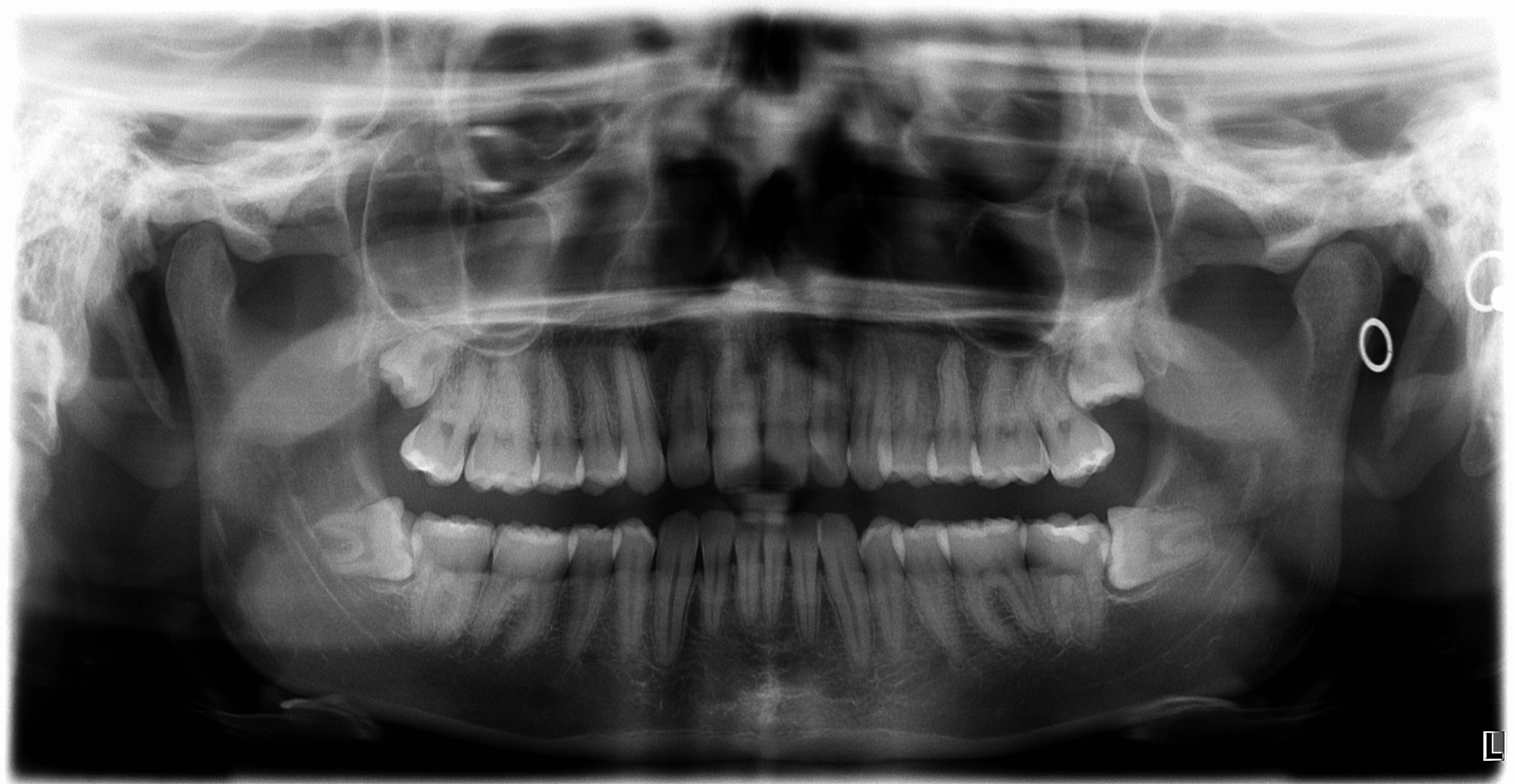Exploring Different Sedation Options for a Comfortable Knowledge Teeth Removal Experience
The usage of sedation during such treatments has come to be progressively common to alleviate stress and anxiety and pain. With an array of sedation alternatives readily available, from regional anesthesia to basic anesthesia, each approach provides differing levels of leisure and discomfort control.
Local Anesthetic
Regional anesthesia is a commonly used technique for numbing specific locations of the mouth during knowledge teeth removal treatments. By carrying out an anesthetic, such as lidocaine, a dentist can guarantee that the individual continues to be pain-free and comfy throughout the extraction process. Regional anesthetic works by temporarily blocking the nerves in the mouth, preventing them from sending discomfort signals to the mind. This enables the dentist to carry out the extraction without creating any type of pain to the client.
One of the primary benefits of local anesthesia is its targeted numbing impact, which indicates that only the particular area being treated is influenced. This local strategy reduces the threat of systemic adverse effects and permits a quicker recuperation post-procedure. In addition, neighborhood anesthesia is considered to be a routine and secure technique in dental care, with very little threats included when provided by a qualified specialist.
Nitrous Oxide
Nitrous oxide, commonly understood as giggling gas, is a kind of sedation often utilized in dental care to help individuals kick back throughout oral treatments. This sedation option enables the person to continue to be mindful and responsive throughout the treatment while really feeling at convenience and comfy.
When the mask is eliminated, the effects of the gas use off promptly, allowing clients to resume their regular tasks without lingering sedative effects. Nitrous oxide is suitable for patients of all ages, making it a flexible sedation option for wisdom teeth removals and various other dental treatments.
Dental Sedation
Oral sedation, a pharmacological method utilized in dental care, involves the management of sedative medicines by mouth to cause a relaxed state throughout dental procedures. The drugs prescribed for dental sedation belong to a course of medicines called benzodiazepines, which have sedative, anxiolytic, and amnesic buildings.
Unlike intravenous sedation, oral sedation does not require injections or needles, making it a much more comfortable option for people with a worry of needles. Additionally, oral sedation is taken into consideration risk-free and reliable when provided by qualified dental specialists.
IV Sedation
Administered intravenously by skilled physician, IV sedation is an effective technique used to cause view a regulated state of deep relaxation and unfamiliarity throughout oral treatments. Unlike oral sedation, which can be unforeseeable in its results, IV sedation enables precise control over the degree of sedation, making it an ideal option for complicated procedures like wisdom teeth extractions.
Throughout IV sedation, a sedative medicine is provided directly right into the bloodstream with a vein, enabling it to work quickly and successfully. This method guarantees that the patient continues to be comfortable and unaware of the procedure while still preserving crucial functions such as breathing and heart rate.
One of the main advantages of IV sedation is its ability to provide a deeper degree of sedation compared to various other techniques, making it particularly suitable for clients with high levels of stress and anxiety or those undergoing substantial oral job (wisdom teeth removal aspendale). In addition, the impacts of IV sedation normally put on off slowly after the treatment, reducing the possibility of grogginess or sticking around negative effects. Overall, pop over to this web-site IV sedation uses a secure and reliable alternative for ensuring a comfy and worry-free experience throughout wisdom teeth extraction

General Anesthesia
Having actually talked about the benefits of IV sedation for wisdom teeth removal, the use of general anesthetic provides an alternate choice for patients needing a deeper degree of unconsciousness throughout dental treatments. General anesthesia generates a controlled state of unconsciousness, making certain the client feels no discomfort or pain during the removal procedure. This technique is particularly useful for individuals with severe oral anxiousness, complex surgical demands, or those undertaking numerous extractions all at once.
General anesthesia is provided by an experienced anesthesiologist who very closely monitors the patient's important signs throughout the treatment. It involves using intravenous medicines or breathed in gases to generate a state of unconsciousness. While under general anesthesia, the patient will certainly not recognize the surgical procedure, experience any discomfort, or have any kind of recollection of the treatment later.
Although general anesthesia is safe when carried out by qualified specialists, it lugs a slightly greater threat contrasted to other sedation choices - wisdom teeth removal aspendale. Individuals considering basic anesthetic for knowledge teeth extraction should go over the potential risks and advantages with their dental expert or oral surgeon to make an informed decision based upon their specific needs and case history

Conclusion
In verdict, different sedation alternatives are readily available to make certain pop over to this site a comfy knowledge teeth extraction experience. Oral sedation and IV sedation deal much deeper levels of relaxation, depending on the person's needs.
Nitrous oxide is appropriate for people of all ages, making it a functional sedation option for knowledge teeth removals and various other oral procedures.
